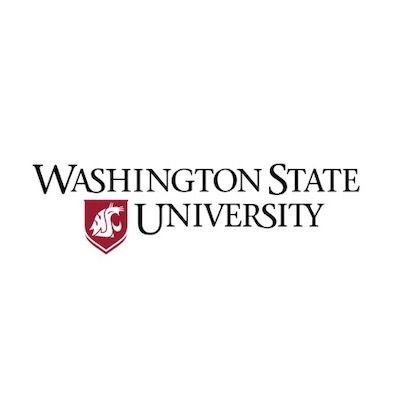Washington State University’s Center for Arts and Humanities named for David G. Pollart
Washington State University announced today a generous philanthropic investment in the Center for Arts and Humanities at WSU’s College of Arts and Sciences from alumnus David Pollart to support new educational programs, research, and creative activity that cross traditional academic boundaries. In recognition of his transformational support, the center will be named the David G. Pollart Center for Arts and Humanities.
“The David G. Pollart Center for Arts and Humanities will enhance and grow programming and scholarship in the arts, music and humanities for generations to come,” said Kirk Schulz, president of WSU. “This recent addition to the WSU system offers opportunities for the campus—and public in general—to encounter new ideas and discover new passions. With Mr. Pollart’s investment, the center is poised to reach even greater heights.”
Pollart’s gift of more than $1.5 million provides perpetual annual funding for arts, music and humanities programming, including student engagement opportunities like internships and study abroad. In addition, it will support artist-in-residency collaborations with the Department of Fine Arts, School of Music, the Jordan Schnitzer Museum of Art and other humanities departments.
It will also fund guest lecture and event series, as well as faculty fellowships to develop new exhibitions, performances and other activities.
“The center was established in 2019 to be a ‘front door’ to the creativity, challenge and meaning that the arts and humanities can bring to all of us,” said Todd Butler, dean of the College of Arts and Sciences. “David’s gift has flung that door wide-open to magnify the visibility of the arts and humanities across our university, positioning the Pollart Center to thrive for generations to come.”
Pollart’s support enables a significant expansion of the center’s activities, allowing it to reach the prominence of peer institutions like the Simpson Center for the Humanities at the University of Washington, the Townsend Center for the Humanities at the University of California Berkeley and the Levan Institute for the Humanities at the University of Southern California. While nearly all Pac-12 universities have arts and/or humanities centers, only four have named centers. The Pollart Center is the first of these to recognize how integrating the humanities and arts reaches more communities and addresses today’s most complex challenges.
“It’s a gift of vision and love from a Coug who knows deeply that a university needs both the arts and humanities to be truly great,” Butler added.
“I am overjoyed by David Pollart’s generous gift and his commitment to ensuring the vitality of the arts and humanities at WSU,” said Trevor Bond, director of the Center for Arts and Humanities. “Students, faculty and the broader community will benefit now, and in the future, from the activities of the David G. Pollart Center for Arts and Humanities at Washington State University.”
Pollart attended WSU from 1962-67, graduating with a degree in general studies/humanities. He also worked toward an MFA in theater. He was a teaching assistant and taught oral interpretation. Upon graduation, Pollart joined the family business in transportation and logistics. During that time, he became even more passionate about being a Cougar.
“As someone who has known David a long time, I recognize his devotion to and affection for WSU as top tier,” said Mike Connell, WSU’s vice president of Advancement and CEO of the WSU Foundation. “I am grateful for David’s vision for this transformational investment in advancing the arts and humanities at WSU—which is so meaningful to him. Without a doubt, his leadership, advocacy and generosity are making a world of difference for our students, faculty, research and outreach.”
Asked what inspired the gift for the center, Pollart did not hesitate.
“I give to Washington State University because WSU matters,” said Pollart, who grew up in Spokane and Seattle and now enjoys golf and retirement in Palm Desert, California. “It matters to the state. It matters to the sciences. It matters to agriculture. It matters to diversity. It matters to the humanities. But most of all, it matters to students.”

